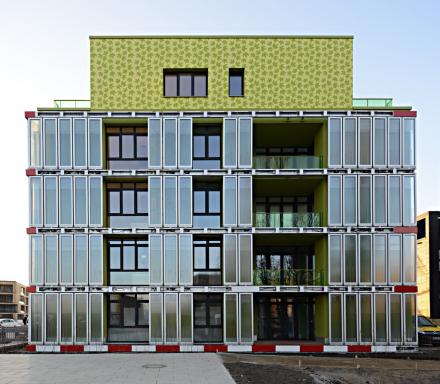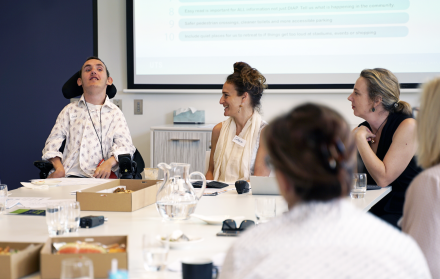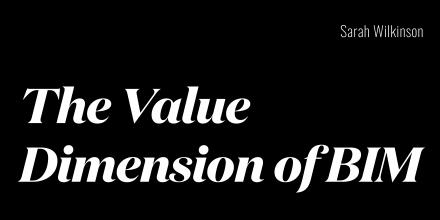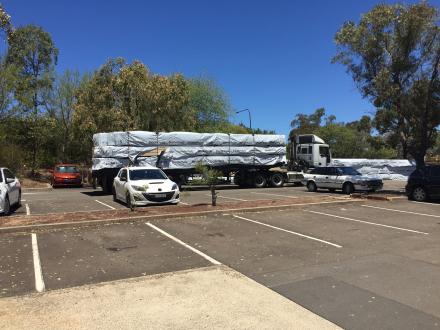This research focused on the study of place-making in the informal settlements (barrios) of Caracas, looking at Catholic processions as a cultural phenomenon. The study demonstrated that people in informal settlements construct places through cultural activities that reclaim their spaces, build relational places, redefine boundaries, and reshape meaning.
This study highlights the complexity of informal settlements and how community works within them. Importantly, people transfer their emotions towards people and situations to their emotional response to urban space. The study is also useful to barrio residents by increasing their awareness of their own social capital. Through understanding the different power relationships in and over the urban space, and among the community itself, there is the potential for barrio people to empower themselves and approach social problems, such as criminal activities, in creative ways.
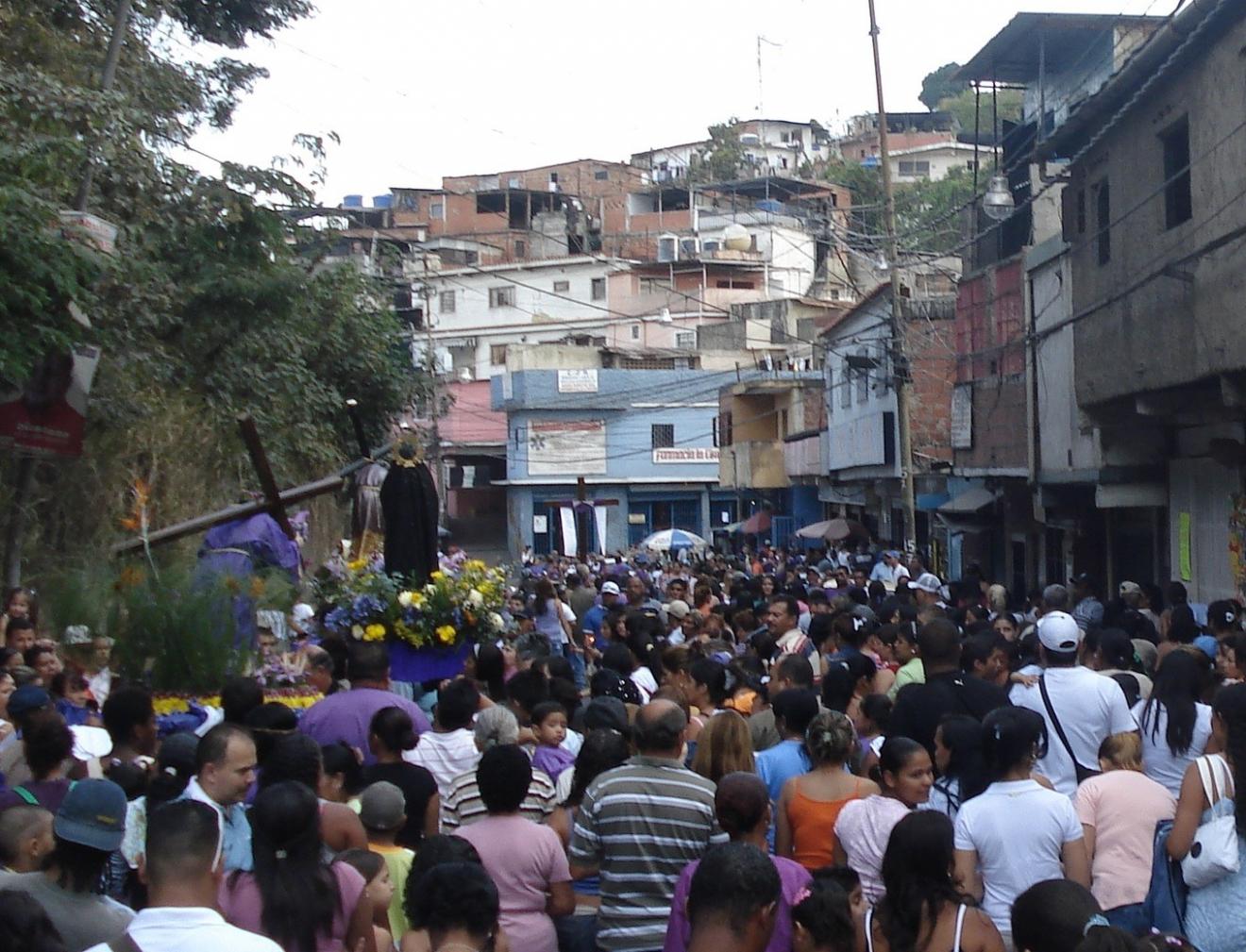
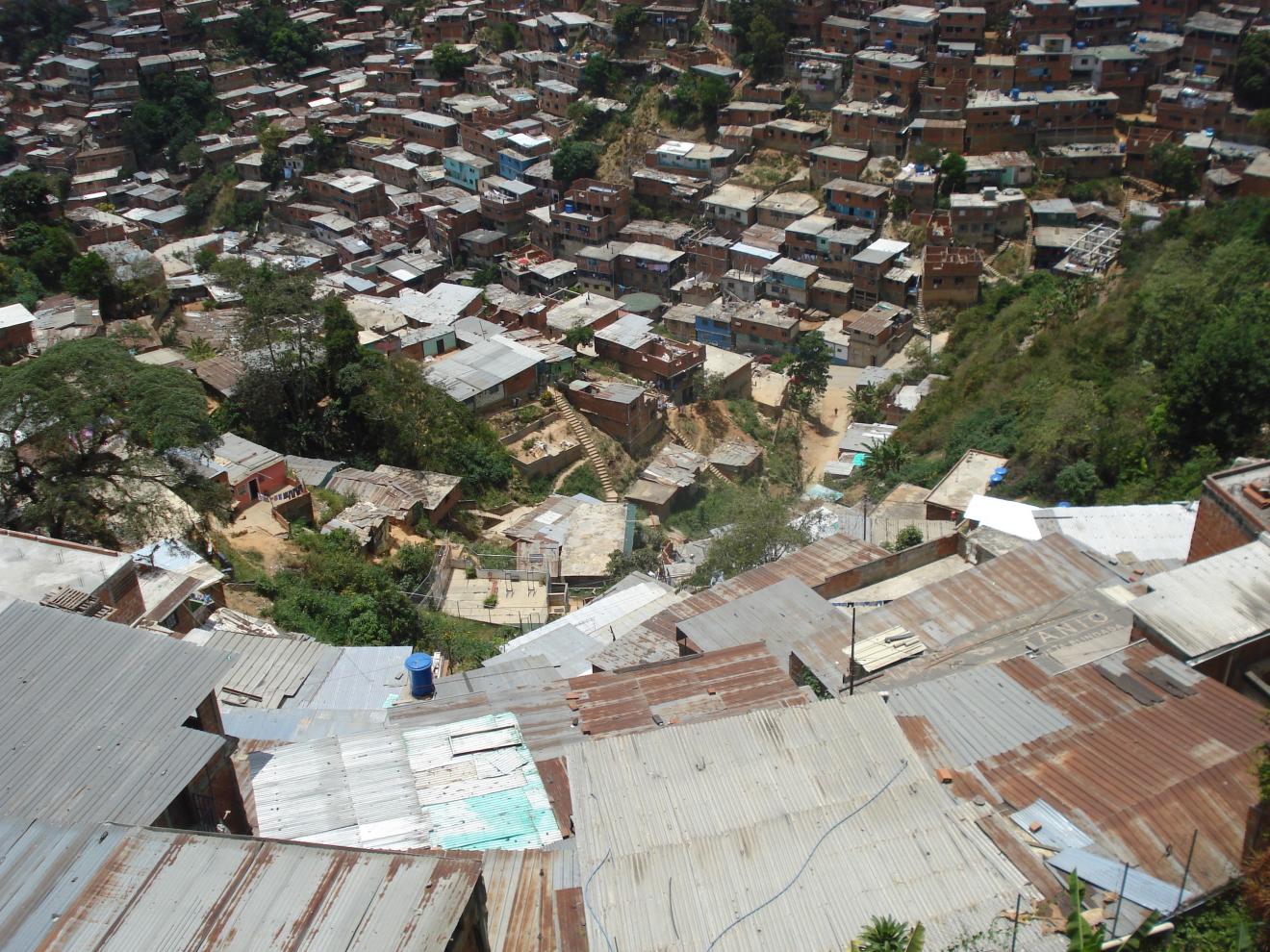
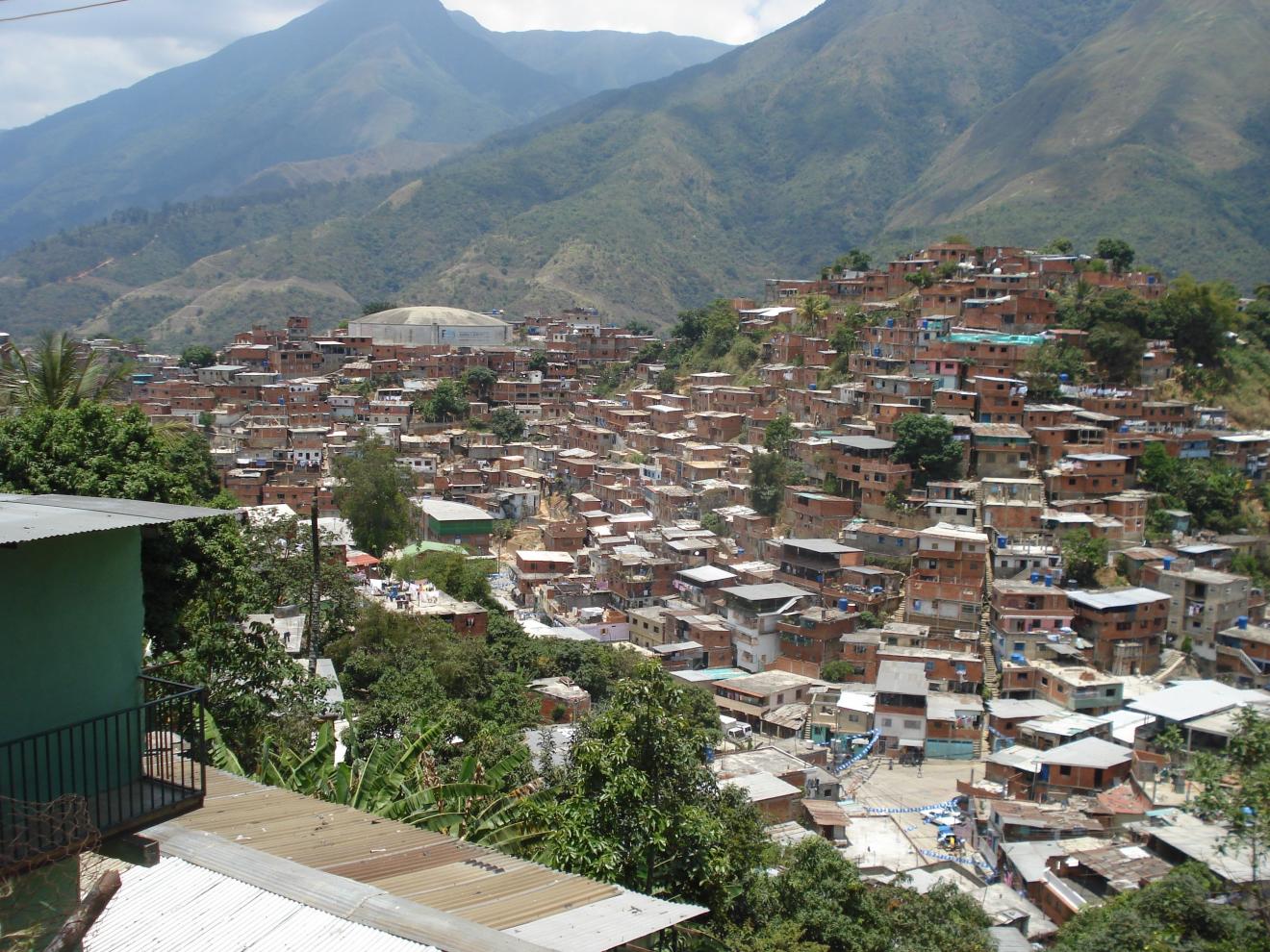




1/3


